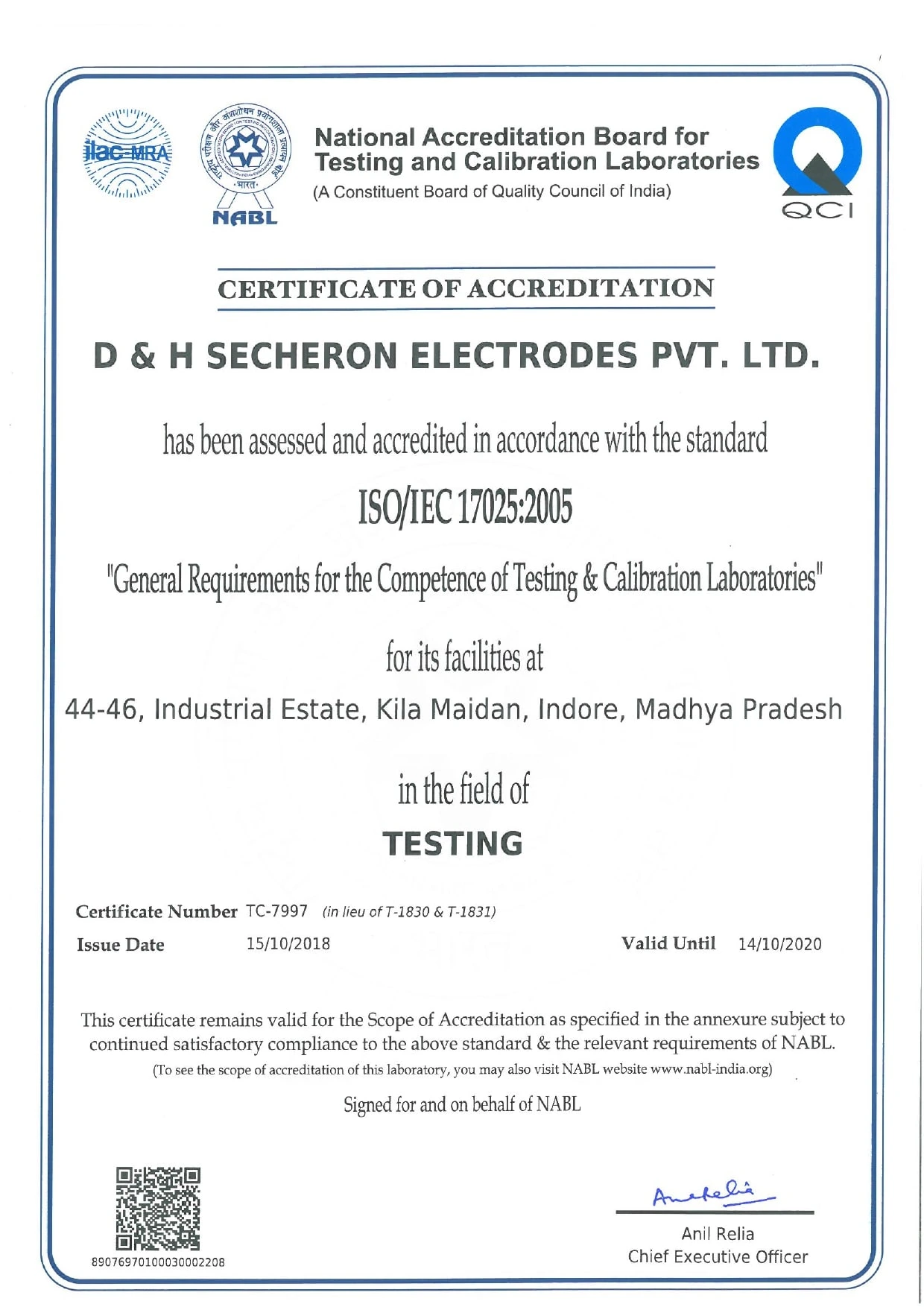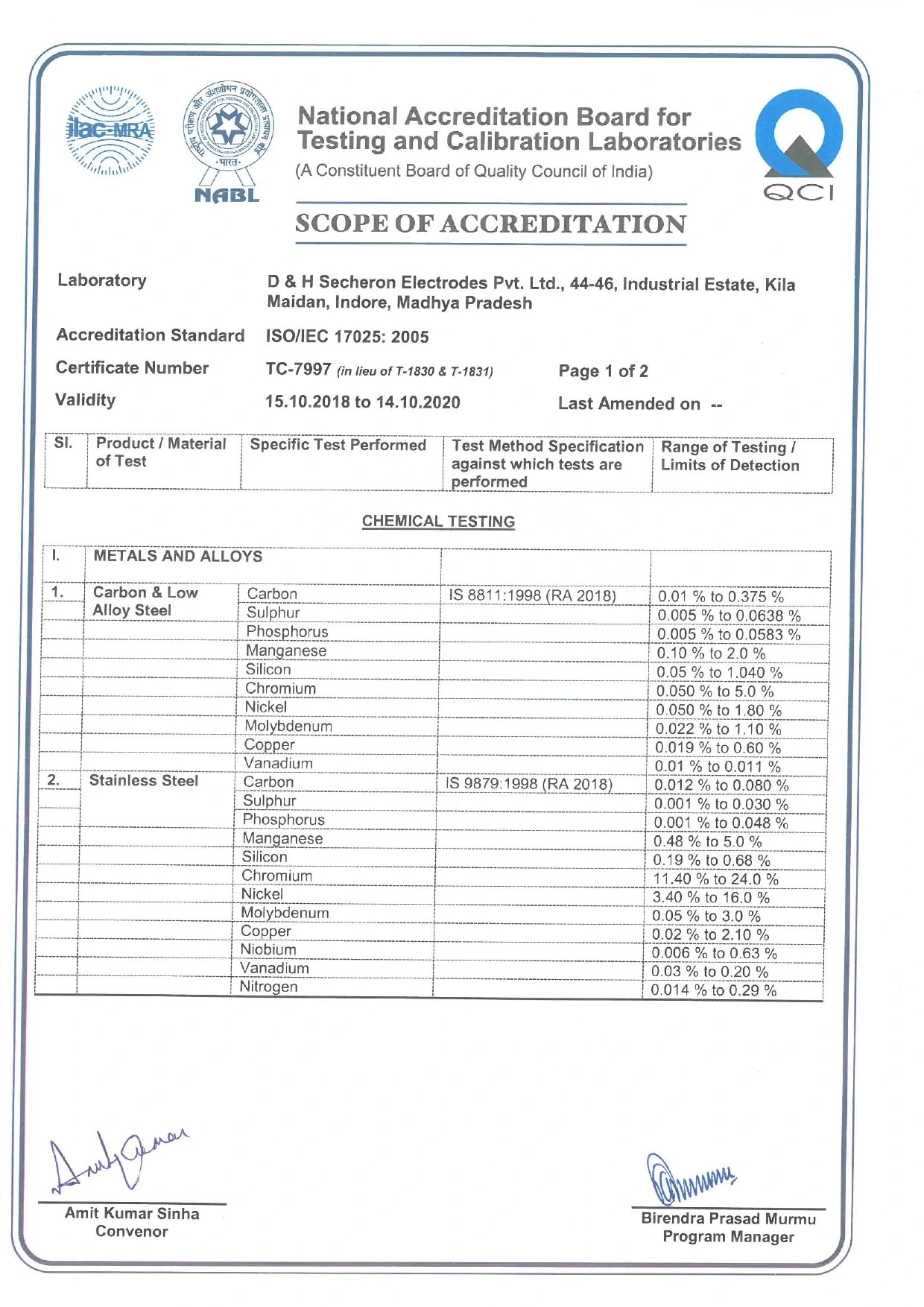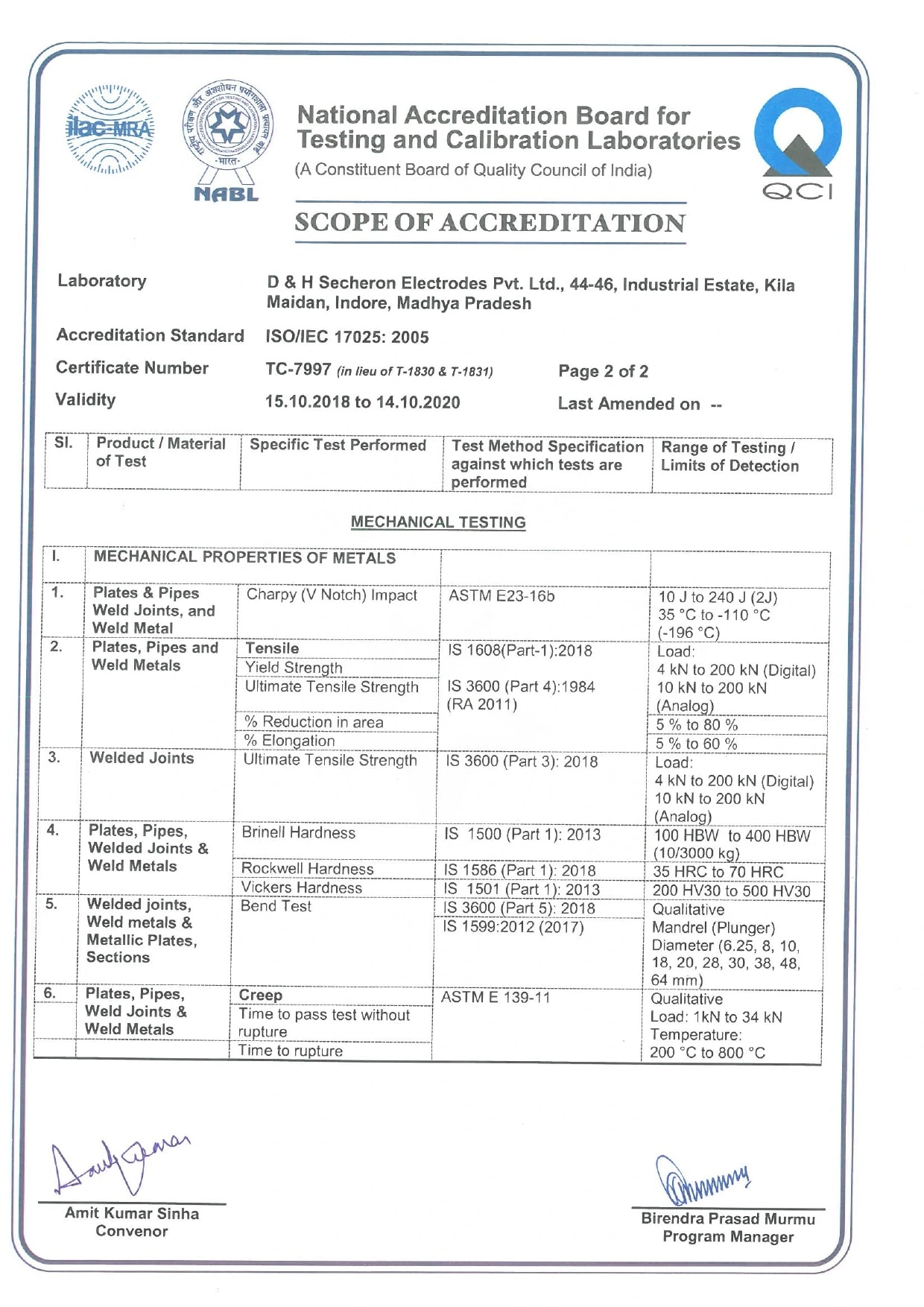- Home
- R&D Center
Research & Development Center
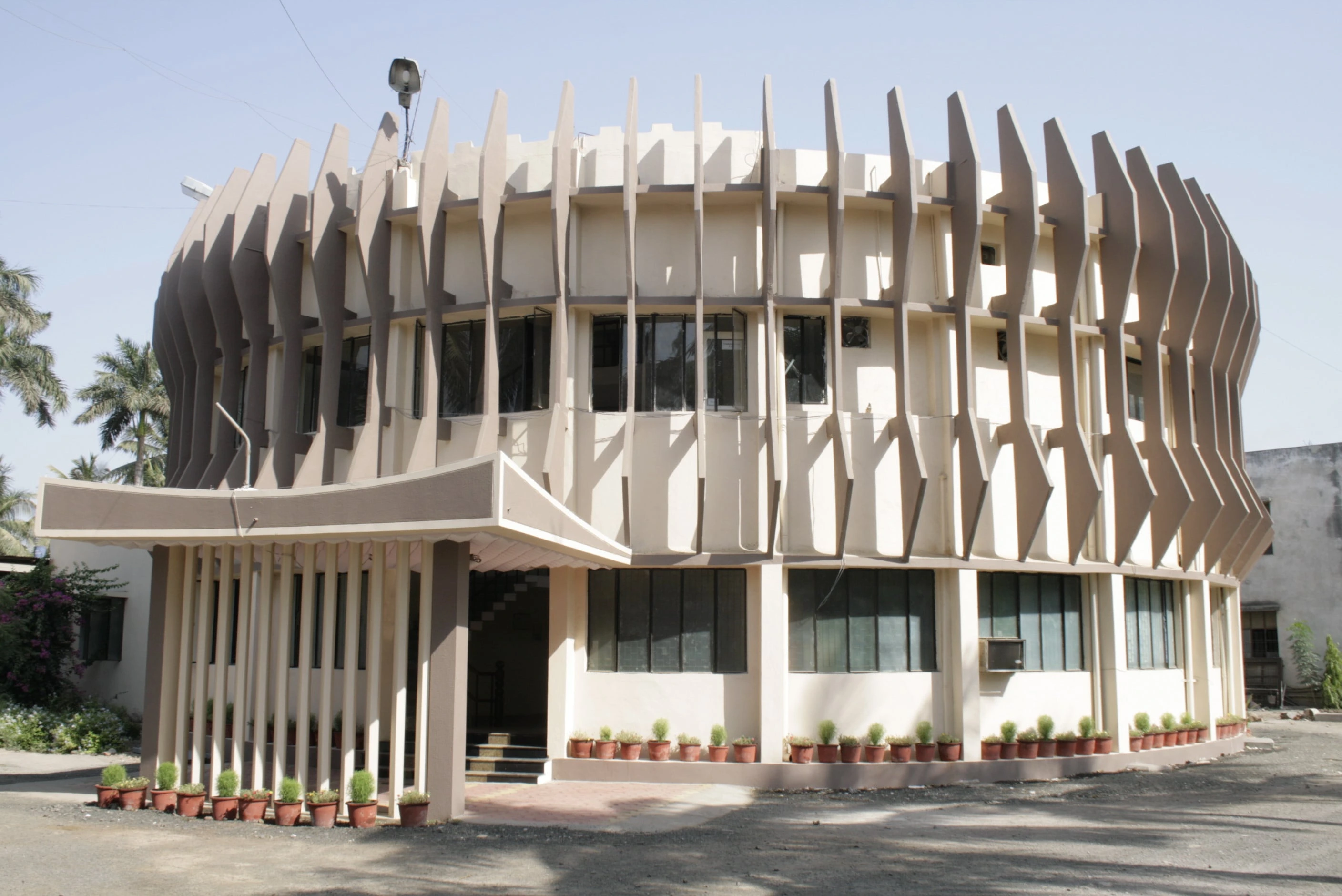
D&H Sécheron Electrodes Pvt. Ltd. has been amongst the pioneers in setting up an independent R&D Centre which is seamlessly connected to their main plant in Indore, India. Our R&D department has been one of the key contributors to the overall sustained growth of the company by developing new welding consumables as well as enhancing the existing ones. Our data driven approach, application-oriented study and maintaining global standards creates a stark differentiation for D&H Sécheron as a brand. The Department of Science and Technology, Government of India too recognized our R&D Centre in 1979 and since is renewing our recognition based on the path-breaking achievements and developments.
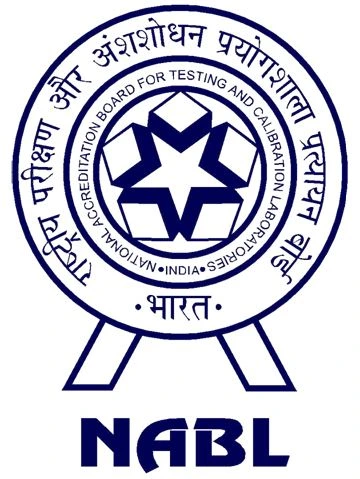
Tests
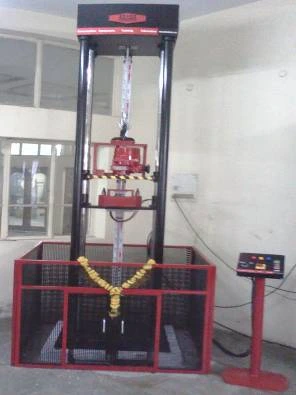
Drop Weight Tearing Test
Drop Weight Tearing Test (DWTT) for the ferrite steel materials including plank, section bar, cast steel and forged steel so as to observe specimen fracture character after impact within the temperature that the fracture is converted from non-ductility to ductility. This test method is to raise a striker with some weights to a height then release it; free drop striker impacts and tears the speciment.
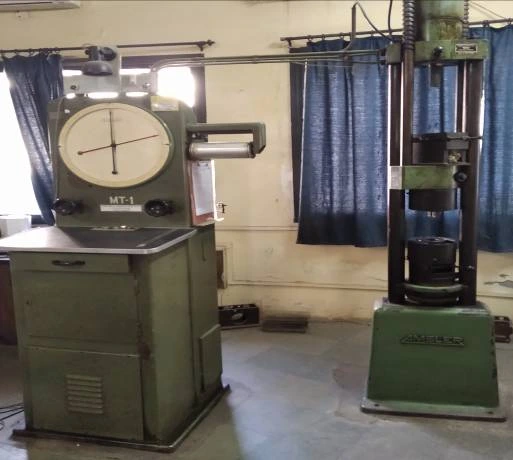
Tensile Test
Tensile Test is performed to evaluate the mechanical property of the weld metal. In this test sample is subjected to a controlled tension load until the failure of the sample. The metal properties like ultimate tensile strength yield strength, percentage of elongation and area of reduction in percentage can be measured from the single tensile test. Specimens like flat, round & strip can be tested in this machine.
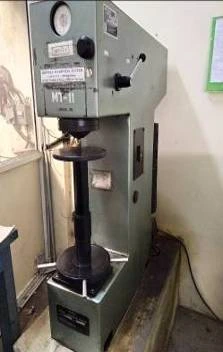
Hardness Test
Indentation hardness tests are to determine the hardness of a material to deformation. Several such tests exist, wherein the examined material is indented until an impression is formed and the impression is measured in a macroscopic or microscopic scale. Hardness is the measure of depth of impression on the material. We have various types of hardness testers like Brinell (BHN), Vickers (Hv10) and Rockwell (HRB, HRC).
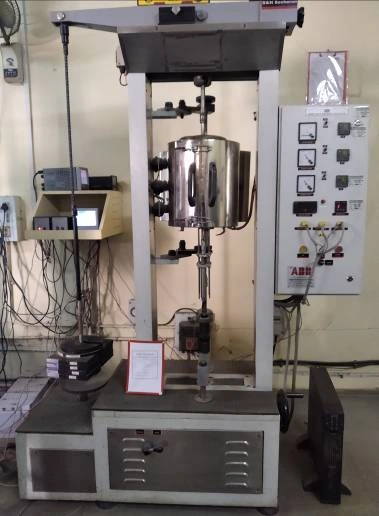
Creep Test
Creep means high-temperature progressive deformation at constant stress. Creep test involves a standard tensile specimen under a constant load maintained at a constant temperature and measurements of strain are recorded over a period of time. Creep rates are used in evaluating materials for boilers, gas turbines, jet engines, ovens, or any application that involves high temperatures under load.
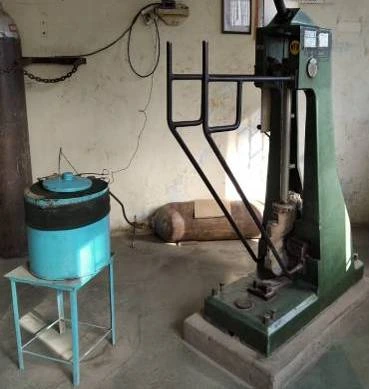
Charpy Impact Test
Charpy Impact Machine is used to find out the behavior of material to impact load. Impact test is a method for evaluating toughness and notch sensitivity of weld metal by determining the amount of energy absorbed during fracture. The machine has a capacity up to 300J and a cooling tower is attached to it. With the help of this you can test the weld metal up to (-196°C).
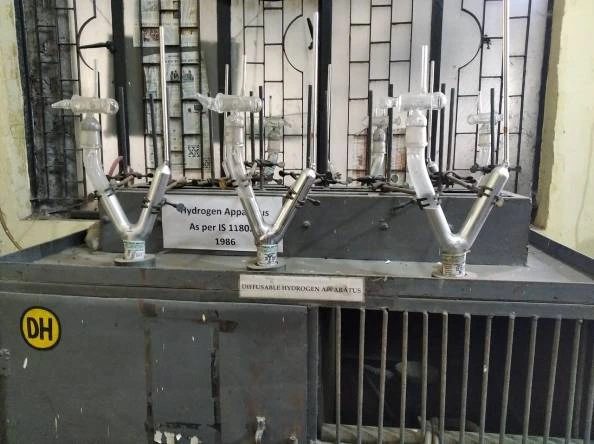
Diffusible hydrogen test
Diffusible hydrogen test is a method to evaluate the amount of diffusible hydrogen in the 100 gm of weld metal. The duration of this test was 72 hours. The principal method for determining the diffusible hydrogen in a test sample involves allowing hydrogen to evolve by diffusion at room temperature. The hydrogen is collected over a liquid in which it will not dissolve, usually mercury.
Equipments
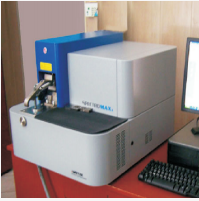
Spectrometer
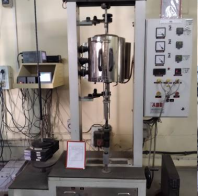
Creep Machine
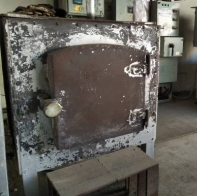
Furnace
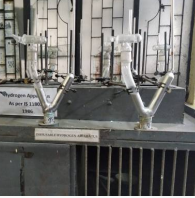
Diffusible Hydrogen Apparatus
 +919833550505
+919833550505





